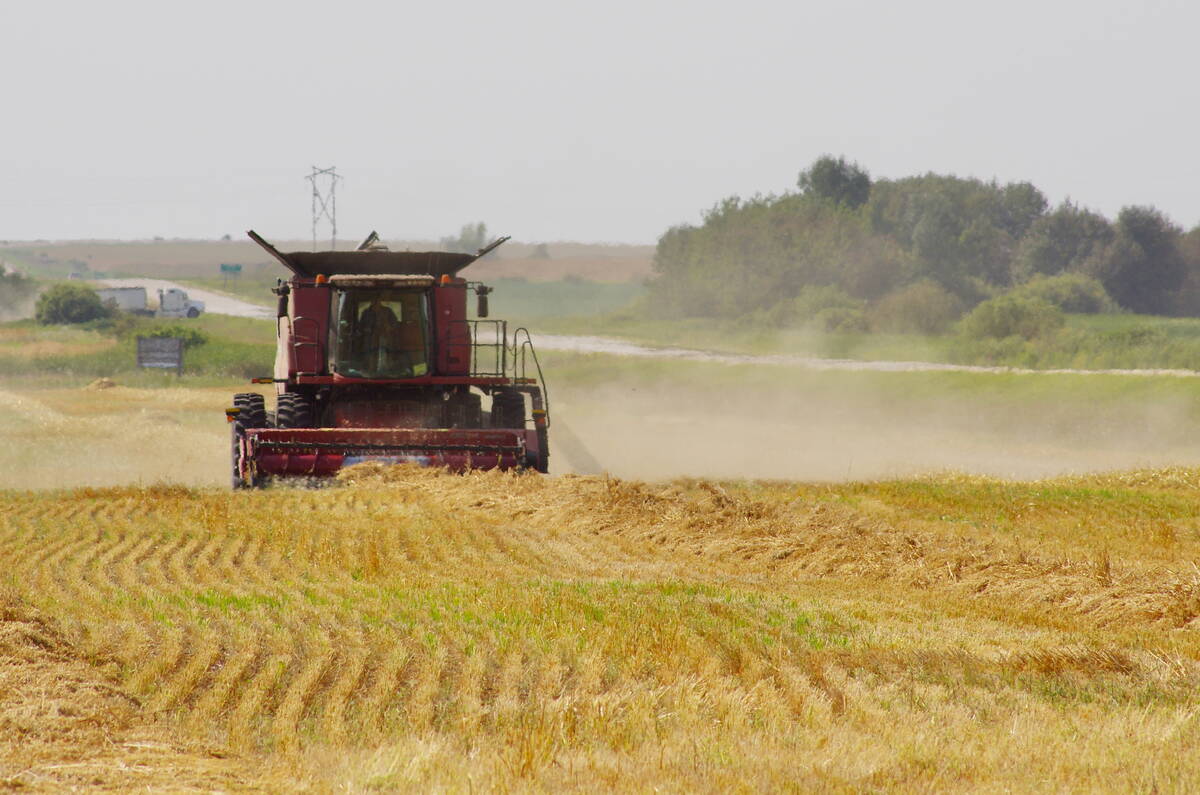QUEBEC CITY – A nascent national agricultural research institute proposed by Agriculture Canada as an independent source of policy analysis has asked the federal government for an endowment of between $30 million and $50 million so it can live on the interest and not be forced to go to government every year for funding.
Gaétan Lussier, chair of the Agriculture Policy Research Institute board, told the Canadian Federation of Agriculture’s semi-annual meeting on July 29 that an endowment would allow the institute to be independent of government and free of annual funding pleas.
Read Also

Herbicide resistance sprouts in Manitoba’s wild oats
Farmers across Manitoba this fall are gearing up for the latest salvo in what, for many, has become a longtime battle to beat out wild oats.
“It is important for our credibility that we be and be seen to be independent of government control,” said Lussier, a former Agriculture Canada deputy minister.
Government provided $2 million in seed money in April. A small staff has been hired and the institute has moved into a building on the Agriculture Canada grounds in Ottawa.
But once the institute has a track record of accomplishment, it hopes for private sector funding that will confirm its independence from the agriculture department.
Lussier said the endowment proposal was made in March. The request will have to be revived now that the agriculture minister and deputy minister have been replaced.
The proposal for the institute came last year as a centre that would fill a void created by the lack of dedicated agricultural policy and trends research in Canada.
The board of directors includes Bob Church of Alberta, former Ontario deputy agriculture minister Ken Knox, Peter Phillips from the University of Saskatchewan and prominent representatives of the food industry.
An advisory committee including farmer representatives will be appointed.
Lussier said a September meeting in Toronto will help decide the institute’s research agenda. The meeting will include domestic industry interests, representatives from other countries that have agricultural think-tanks and international organizations, including the World Trade Organization and the World Bank.
If the institute is to have an impact analyzing and researching future trends and conditions for the agriculture sector, Lussier said, it must be seen by all as credible and independent.
“It has to be perceived by all players as neutral.”
Many CFA members sounded skeptical, suggesting that the institute will be credible to farmers only if it recognizes that farmers are the only link in the food chain that does not consistently make money. The institute must suggest ways to correct that. Asking advice from groups like the WTO, World Bank and Organization for Economic Co-operation and Development, often reviled by farm organizations for their policies, is not a good start, they said.
“One of the first questions you should ask is why the value chain is not working, where is it broken, why is it broken?” said Ian Wishart of Keystone Agricultural Producers in Manitoba.
He told Lussier that an attempt to create a similar think-tank failed several years ago because the federal government refused to fund it.
















